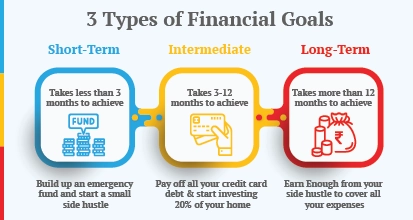- Mutual Funds: A mutual fund pools contributions from many participants to invest in securities like stocks, bonds, and debt
- Market Volatility: Daily stock market fluctuations encompass significant and minor changes
- ELSS: Equity-Linked Savings Scheme is a tax-saving mutual fund investing ≥80% in equities
- Bullish and Bearish Market: A bull market is marked by rising prices, while a bear market sees falling prices and contraction
- Rupee Cost Averaging: RCA involves regular, fixed-amount investments regardless of market conditions, akin to a SIP
Written by : Knowledge Centre Team
2026-02-09
4421 Views
10 minutes read
Share














